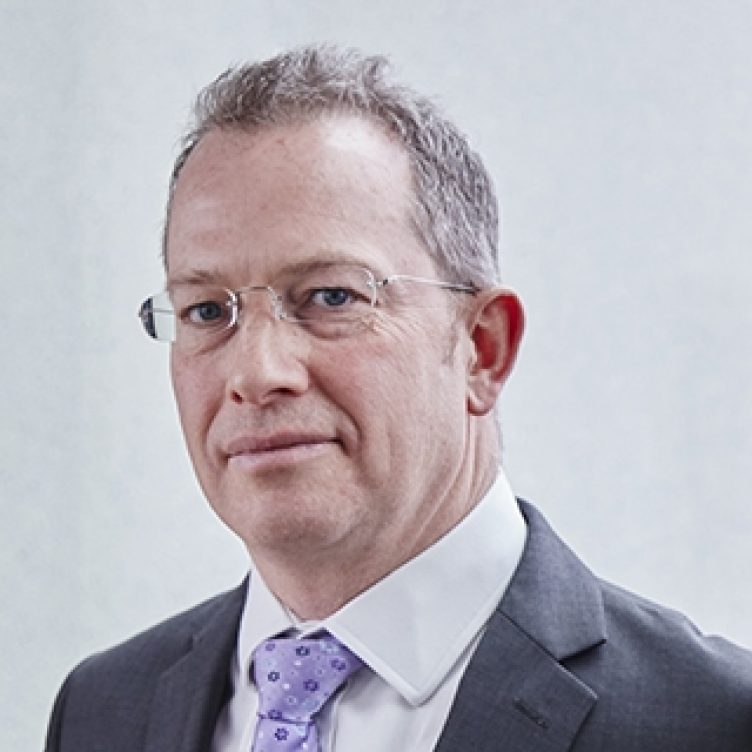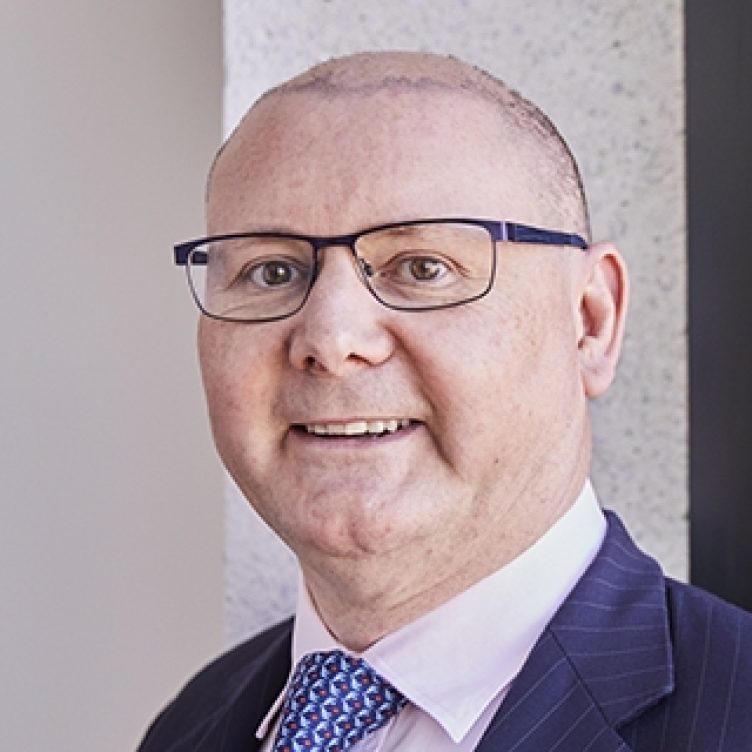The below article was provided by Dr. Thomas Hauss (Partner) and Dr. Thiemo Schäfer (Associate) at McDermott Will & Emery Rechtsanwälte Steuerberater LLP in Germany for our Securities Litigation newsletter. If you would like to sign-up to receive the newsletter straight to your inbox, subscribe here..
In Germany, there is a range of possibilities for claimants to combine their legal actions. For instance, claimants can assign their claims to one claimant who then claims for the total of all claims in their name. There is also the possibility of combining proceedings of several claimants against the same defendant(s).
In order to achieve this aim, it is a requirement that the claims in dispute must be similar and based on substantially similar factual and legal grounds. Also, the same court must be competent to decide on the dispute and the claims must be dealt with in the same type of proceedings. This can, for example, be seen in the proceedings against Volkswagen referred to later on, where several claimants brought one action against Volkswagen before the court. In addition, a court may order that several actions brought by the same or different parties before the same court are combined for the purpose of simultaneous trial and judgment if the claims are legally related or could have been brought in one action.
Further, at least concerning breaches of duty by the members of a management board and the supervisory board, it is possible for shareholders to file a binding resolution at the shareholders’ general meeting to force the respective competent body to pursue the claim.
While there is no US-style class action system in Germany, there is the Capital Market Investors’ Model Proceeding Act (Kapitalanlegermusterverfahrensgesetz, (“KapMuG“)), which allows shareholders to conduct model proceedings in certain situations. It is designed to streamline the process of deciding identical or similar cases.
Proceedings according to the Capital Market Investors’ Model Proceeding Act
Applicability of the KapMuG
The KapMuG is applicable in damages proceedings arising from false, misleading or omitted public capital market information. Further, proceedings pursuant to the KapMuG may be initiated if such information is used or if appropriate information has not been provided. Finally, it may be applied to contractual performance claims based on an offer under the Securities Acquisition and Takeover Act (Wertpapiererwerbs- und Übernahmegesetz).
Conduct of the proceedings
The proceedings are initiated at the request of either the claimant or the defendant. The claimant must demonstrate that the decision in the model proceedings may have significance for other similar legal disputes, ie beyond the individual legal dispute. The initially competent court publishes the model procedural applications in the Register of Claims (Klageregister) of the Electronic Federal Gazette (elektronischer Bundesanzeiger). With the publication of the request for model proceedings in the Register of Claims, the individual proceeding is suspended.
If at least 10 similar model procedural applications have been filed within six months after the publication in the Register of Claims, the initially competent court issues an order for reference. This order summarises the common questions concerning all proceedings (so-called ‘declaratory objectives’) and contains a brief description of the underlying facts of the case. The order is submitted to the Higher Regional Court (Oberlandesgericht). All pending legal proceedings, the decision of which depends on the asserted declaratory objectives, are then suspended by the initially competent court.
The Higher Regional Court selects a model claimant out of the suspended proceedings at its equitable discretion. It publicly announces the model claimant in the Register of Claims of the Electronic Federal Gazette, along with the model defendant and the file number of the proceedings.
Only after the model claimant has been publicly announced in the Register of Claims of the Electronic Federal Gazette, may persons who have not yet filed an action based on the same claim register their claim in writing at the Higher Regional Court. The applicant must be represented by a lawyer. The application must be filed within a period of six months from the date of publication of the model proceedings. The application suspends the limitation period for the applicant’s claims until the conclusion of the model proceedings without the applicant having to bring an action.
The Higher Regional Court decides on the factual and legal questions submitted by means of a model decision in interim proceedings. It is possible to lodge an appeal with the Federal Supreme Court (Bundesgerichtshof) against the model decision. Once the model decision has become legally effective, the individual proceedings before the initially competent courts continue. The findings of the legally effective model decision bind the initially competent courts of all suspended proceedings. The binding effect encompasses the factual and legal basis and is generally effective for and against all parties to or participants in the model proceedings. In contrast, the decision in the model proceedings has no legally binding effect towards the applicants.
Special aspects with regard to the KapMuG
Since the decision to suspend the proceedings is deemed as an additional summons of the other claimants to the model proceedings, all claimants will be participants in the model proceedings. They are entitled to assert pleas in law and to validly execute all procedural steps, provided that they do not conflict with the procedural conduct of the model claimant.
The model claimant and the model defendant can conclude a settlement for all participants to the proceedings. This does not require the consent of all persons involved in the model proceedings. The settlement affects all participants who do not withdraw from the settlement within one month after service. If less than 30% of the participants withdraw from the settlement and the court approves the settlement, it becomes effective.
Article was provided by Dr. Thomas Hauss (Partner) and Dr. Thiemo Schäfer (Associate) at McDermott Will & Emery Rechtsanwälte Steuerberater LLP
You can find further information regarding our expertise, experience and team on our Securities Litigation pages.
If you require assistance from our team, please contact us or alternatively request a call back from one of our lawyers by submitting this form.
Subscribe – In order to receive our news straight to your inbox, subscribe here. Our newsletters are sent no more than once a month.






